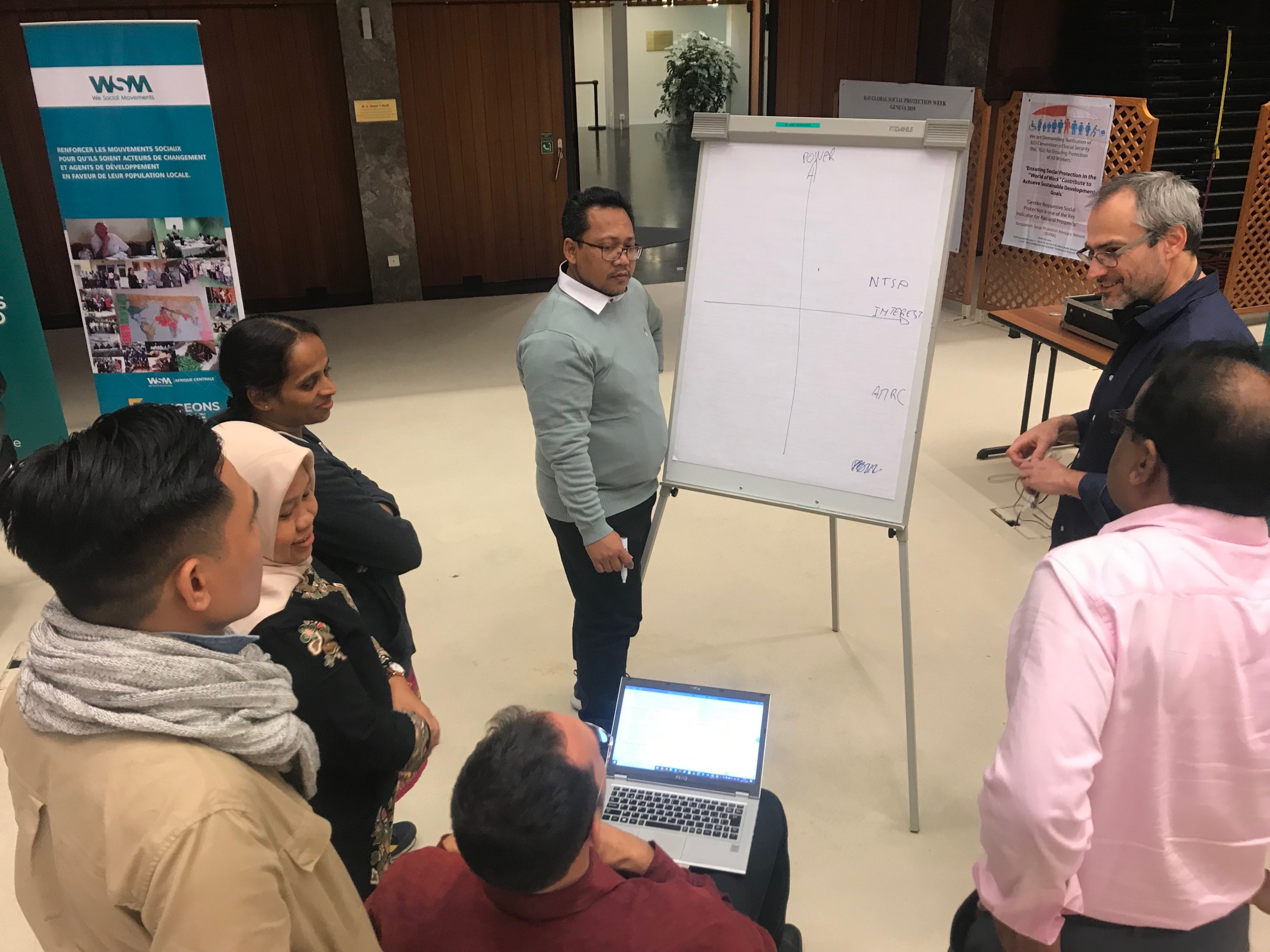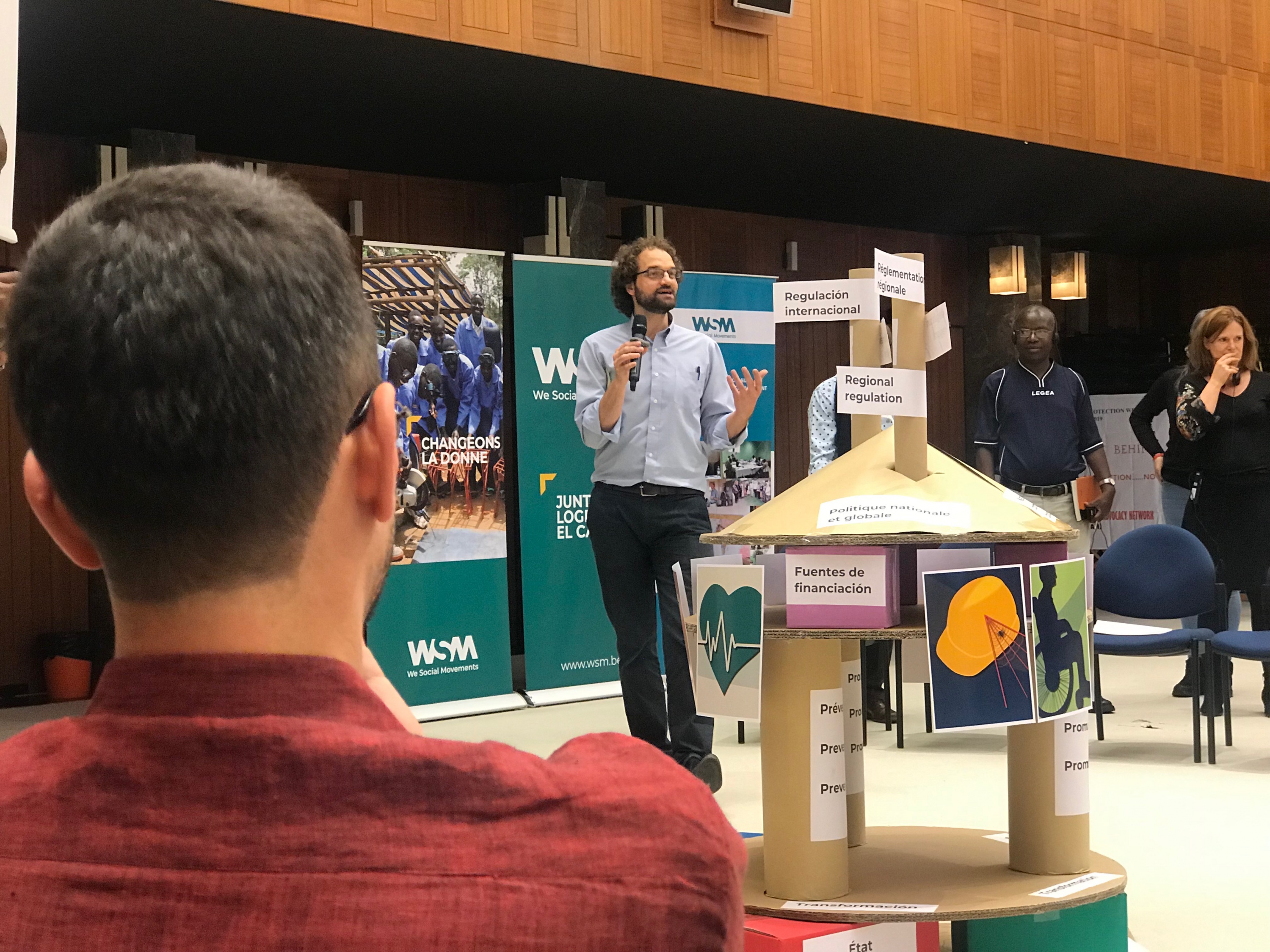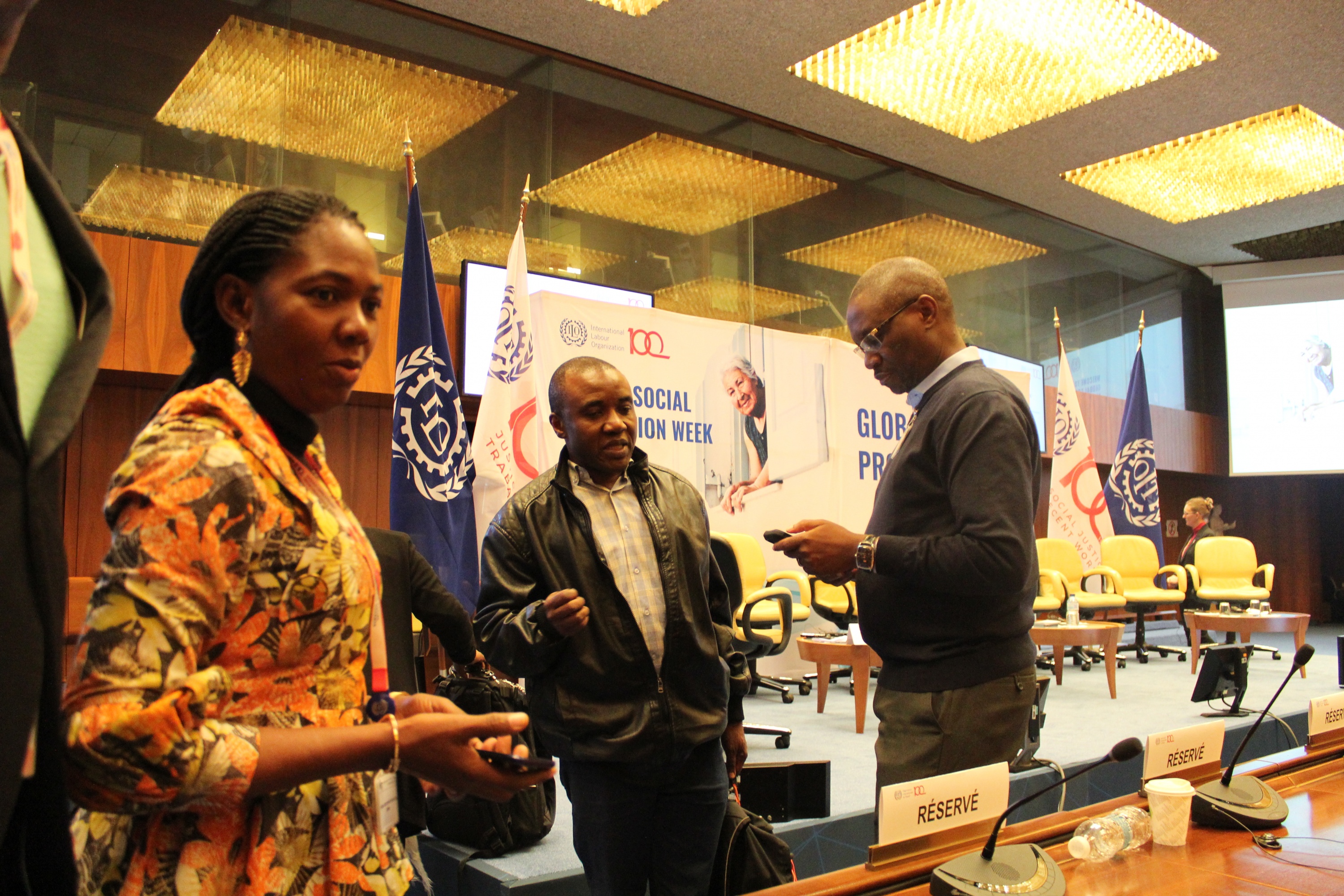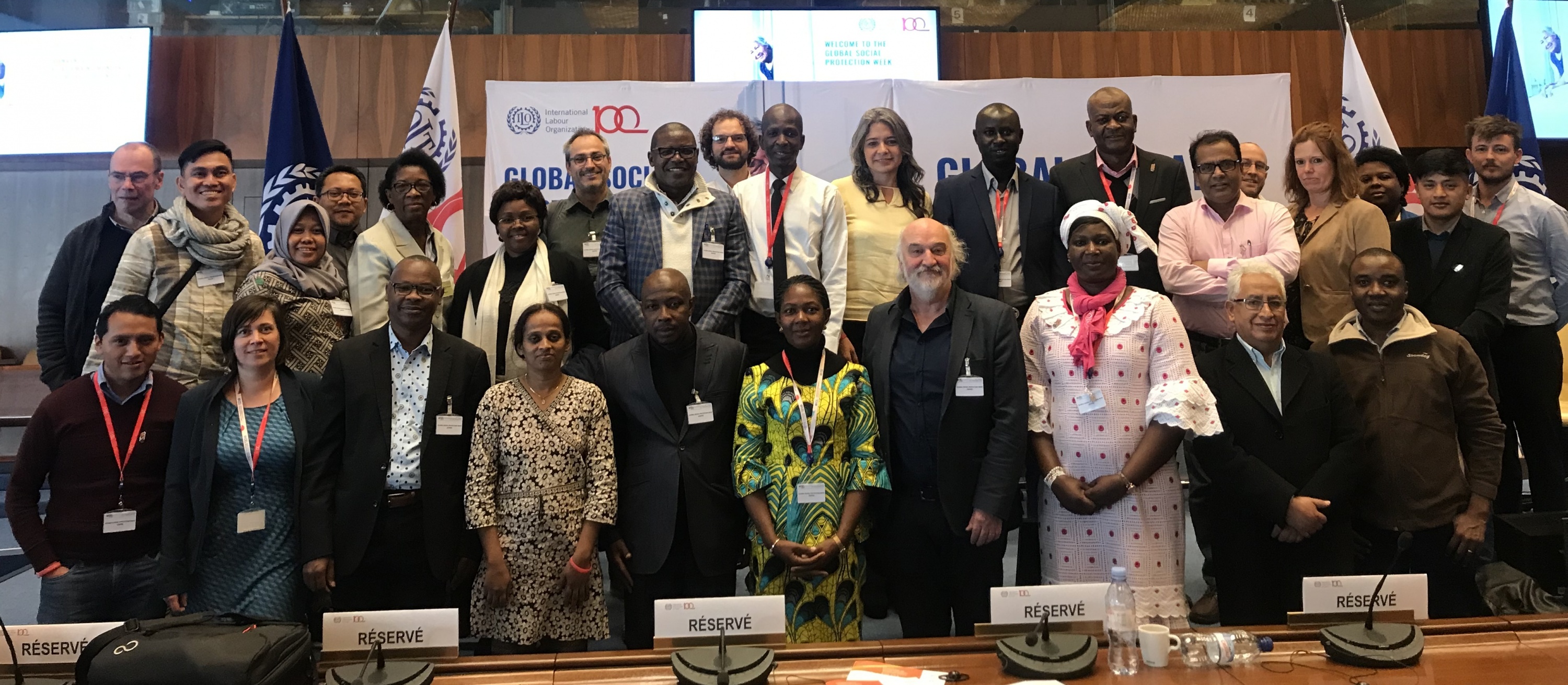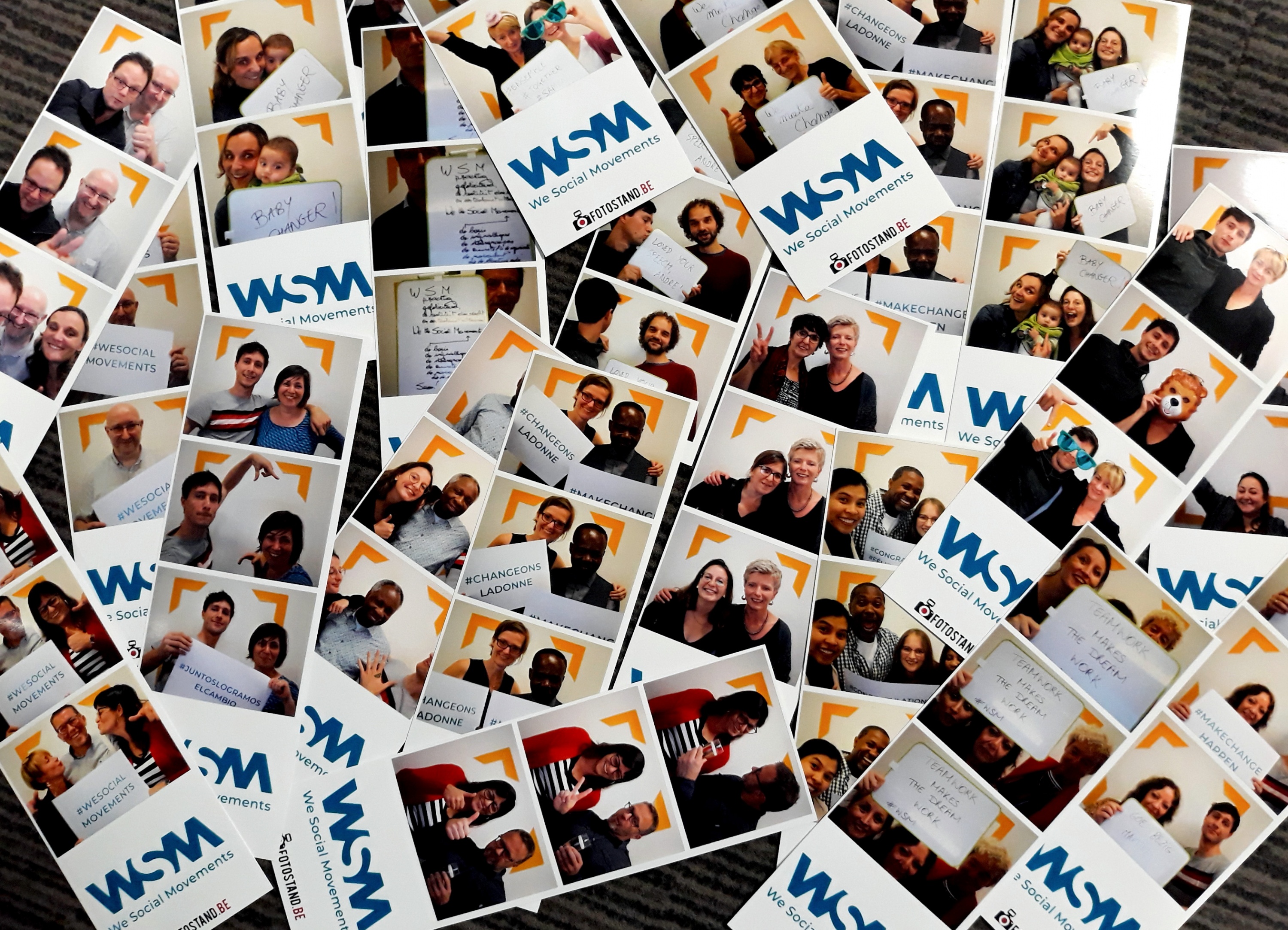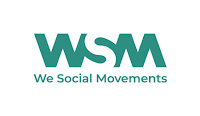As of 18th March, there are over 10 confirmed cases in Bangladesh. Moreover, the government has recently started to quarantine people. Recent figures tell that there are 2.314 people in quarantine. Furthermore, schools and other institutions closed since yesterday (17th of March). But still, I think the government is already too late in taking serious measures, which they should have done two or even three weeks ago.
Nowadays it’s flu season, meaning there are more patients at the hospitals than normal. It is not always clear whether it’s just a cold, a normal flu or the corona virus. Bangladesh's largest vernacular daily Prothom Alo reported that only 1,732 testing kits were available in a country of nearly 180 million people.
That’s why GK is developing a coronavirus testing kit, using the Rapid Dot Blot technique. We were recently joined by Dr Bijon Kumar Sil, a micro-biologist, who was also involved in the making of a similar test in Singapore during the SARS outbreak in 2003. This meant we have the necessary skills to develop a testing kit, as this is the biggest challenge in Bangladesh now. We are 70% finished with the test kit and hope to be able to start mass producing them soon, now that government also has given the green light (link).
How much will your corona test kit cost?
I think it’s important to make this testing kit available for as many people as possible. We want to use it in our own GK hospitals, as well as in other health institutions, so we will sell the kit at a very affordable price (200BDT), since we’re not trying to create any profit from it, our main goal is to avoid a massive outbreak.
Which populations are you especially worried about?
The garment workers are of particular concern to us, since this sector employs over 4 million people in Bangladesh and they are mostly, women working in very crowded and small confined spaces. The risk of contamination is thus very high. So far, all garment factories are continuing working and very few are taking preventive hygiene measures. That’s why in the factories GK is present, GK is mainly focusing on prevention measures, such as hand washing, producing hand sanitizers, mouth masks, posters etc.
Also elderly are an important at-risk group, with worldwide much higher mortality rates if they get infected. However, so far in Bangladesh, very few elderly have been diagnosed with the virus. This is a bit of a paradox: many elderly are living more isolated, since they don’t have a job or most often continue living in the rural areas, while the young go to the city to work. Since they often have problems of mobility, they are already more likely to stay at home. While this issue of isolation is currently maybe preventing them from getting infected, if the virus becomes a pandemic, this might be a very big problem for them, since these same factors will put them even more at risk.
25 March update: Bangladesh in one week time has had 20 reported cases and one death, of an elderly gentleman.








